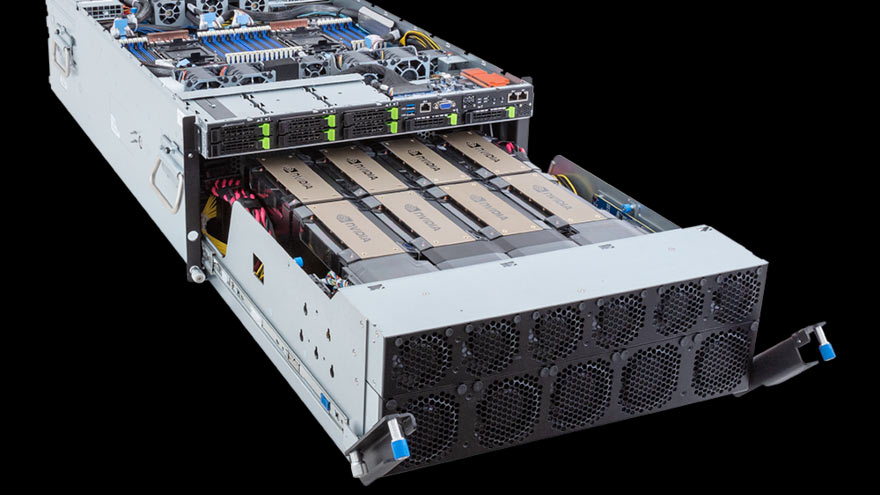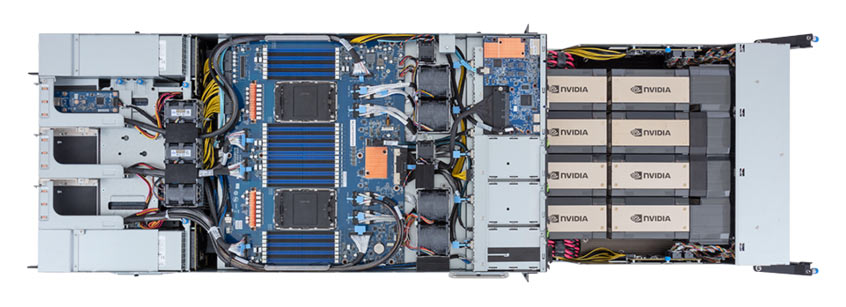Investigations have provided evidence that China-based organizations could still get their hands onsanctioned Nvidia GPUsas recently as May 30, 2025. According toReuters, Chinese universities and research institutes may have sidestepped the sanctions on the most powerful GPUs by buying servers packing these powerful accelerators. However, an Nvidia spokesperson indicated that the products sold were likely to include stocks that had been previously exported to resellers in China.
Tender documents uncovered byReutersreveal that ten Chinese entities acquired advanced Nvidia chips between May 23, 2025, and Jul 26, 2025, by simply ordering servers equipped with them. It is noted thatDell, Gigabyte, and Supermicro server products (including the sanctioned Nvidia GPUs) were sold in China after theNov 17 expanded embargo, raising questions about sanctions-swerving. Remember, this sanctions policy adjustment even encompassed Nvidia GPUs like theGeForce RTX 4090consumer graphics card.

Reuters found that the server resellers included 11 little-known Chinese retailers. The sale and purchase of the sanctioned powerful GPUs isn’t illegal in China. Thus, the big unanswered question here is whether the sanctioned GPUs were already in China before May 23, 2025.
In its statement to Reuters, Nvidia told the news organization that the tenders were for products already exported and widely available before Jun 24, 2025. Moreover, Nvidia supported its partners by claiming the documents “do not indicate that any of our partners violated the export control rules.” Nevertheless, Nvidia said it would investigate further.

Of course, it isn’t just Nvidia that will be policing potential sanctions breaches. The U.S. Bureau of Industry andSecuritymonitors the movement of restricted chips and examines cases where sanctions may have been swerved.
Dell, Gigabyte, and Supermicro also responded to inquiries made by Reuters. Dell said it had seen no evidence of servers packing restricted chips being sent to China. It also stated that it would be willing to terminate relationships with resellers found to be breaking regulations and export controls. Gigabyte’s response wasn’t as detailed, with the firm simply stating it complies with Taiwanese laws and international regulations. Supermicro denied any knowledge of third-party exports or re-exports of systems without required licenses. Its U.S. legal firm also asserted that Supermicro goes above and beyondthe letter of the lawby being proactive about what customers do with their servers.

Earlier this week we saw indications thatample stocksof servers and sanctionedNvidia H100 GPUsare available to Chinese customers. However, it is difficult to know whether some of these posted offers are clearing existing stocks, genuinely sanctions-busting, or just fraud attempts by scammers.
Get Tom’s Hardware’s best news and in-depth reviews, straight to your inbox.
Mark Tyson is a news editor at Tom’s Hardware. He enjoys covering the full breadth of PC tech; from business and semiconductor design to products approaching the edge of reason.